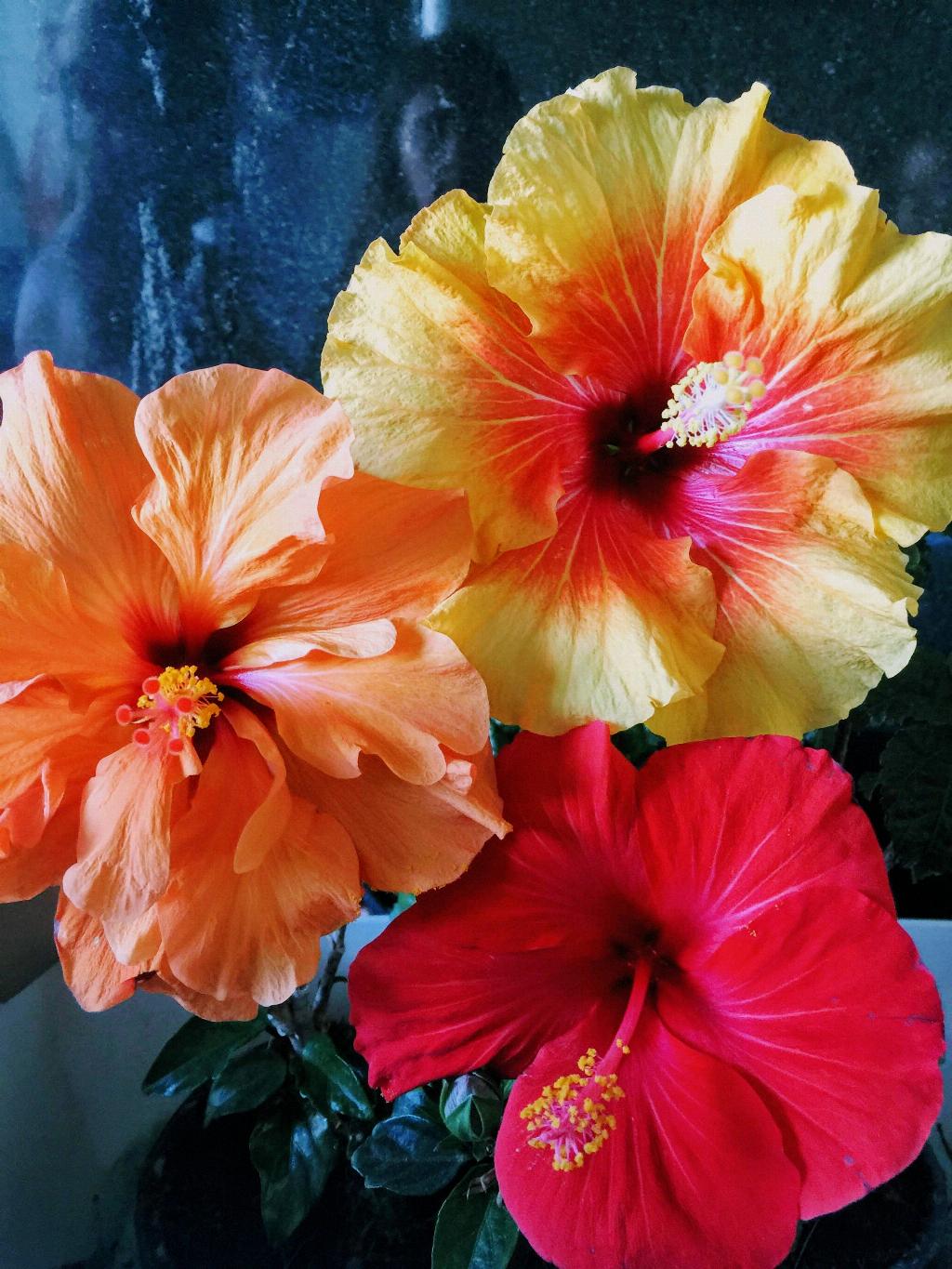If you’re facing a black aphid infestation on your beloved hibiscus plants, fret not! There are natural and effective ways to tackle these tiny pests and restore the health of your plants. One of the most recommended methods for controlling black aphids on hibiscus is using neem oil.
Neem oil, derived from the neem tree, is a powerful organic solution that has been proven to be effective in combating aphid infestations on various plants, including hibiscus. It works by suffocating the aphids and disrupting their feeding habits, ultimately leading to their demise.
To apply neem oil to your hibiscus plants, simply mix the oil with water following the instructions on the bottle. Once the solution is ready, spray it evenly on the affected parts of the hibiscus, ensuring thorough coverage. Repeat this process regularly until the aphids are no longer visible.
One of the major advantages of using neem oil to combat black aphids on hibiscus is its safety for beneficial insects such as bees and ladybugs. Unlike chemical pesticides that can harm these helpful creatures, neem oil specifically targets the aphids while leaving beneficial insects unharmed.
In addition to neem oil, another effective natural remedy for black aphids on hibiscus is a solution of soapy water. Mix a few drops of mild dish soap with water and spray it on the affected plants. The soap helps to break down the outer coating of the aphids, leading to their dehydration and eventual death.
When using the soapy water solution, it’s crucial to rinse the hibiscus plants with clear water after a few hours to prevent any potential damage caused by the soap. Repeat the application as needed until the aphids are eradicated.
In addition to neem oil and soapy water, introducing natural predators of aphids, such as ladybugs, lacewings, or parasitic wasps, to your garden can also help control the aphid population. These beneficial insects feed on aphids, ultimately reducing their numbers and protecting your hibiscus plants.
Another preventive measure to deter black aphids from infesting your hibiscus is to maintain plant health through proper watering, adequate sunlight, and regular fertilization. Healthy plants are less susceptible to pest attacks, making them more resilient against aphid infestations.
Pruning any heavily infested or damaged parts of the hibiscus plants can also help control black aphids. By removing the most affected areas, you can reduce the aphid population and prevent the spread of the infestation to other parts of the plant.
Regularly inspecting your hibiscus plants for signs of aphids, such as sticky residue on leaves or distorted growth, can help you detect infestations early on. By catching the problem in its initial stages, you can take prompt action to prevent the aphids from causing significant damage to your plants.
In conclusion, dealing with black aphids on hibiscus plants can be effectively managed through natural methods such as neem oil, soapy water solutions, introducing beneficial insects, maintaining plant health, and timely pruning. By incorporating these strategies into your gardening routine, you can protect your hibiscus plants from aphid infestations and ensure their continued vitality and beauty.

